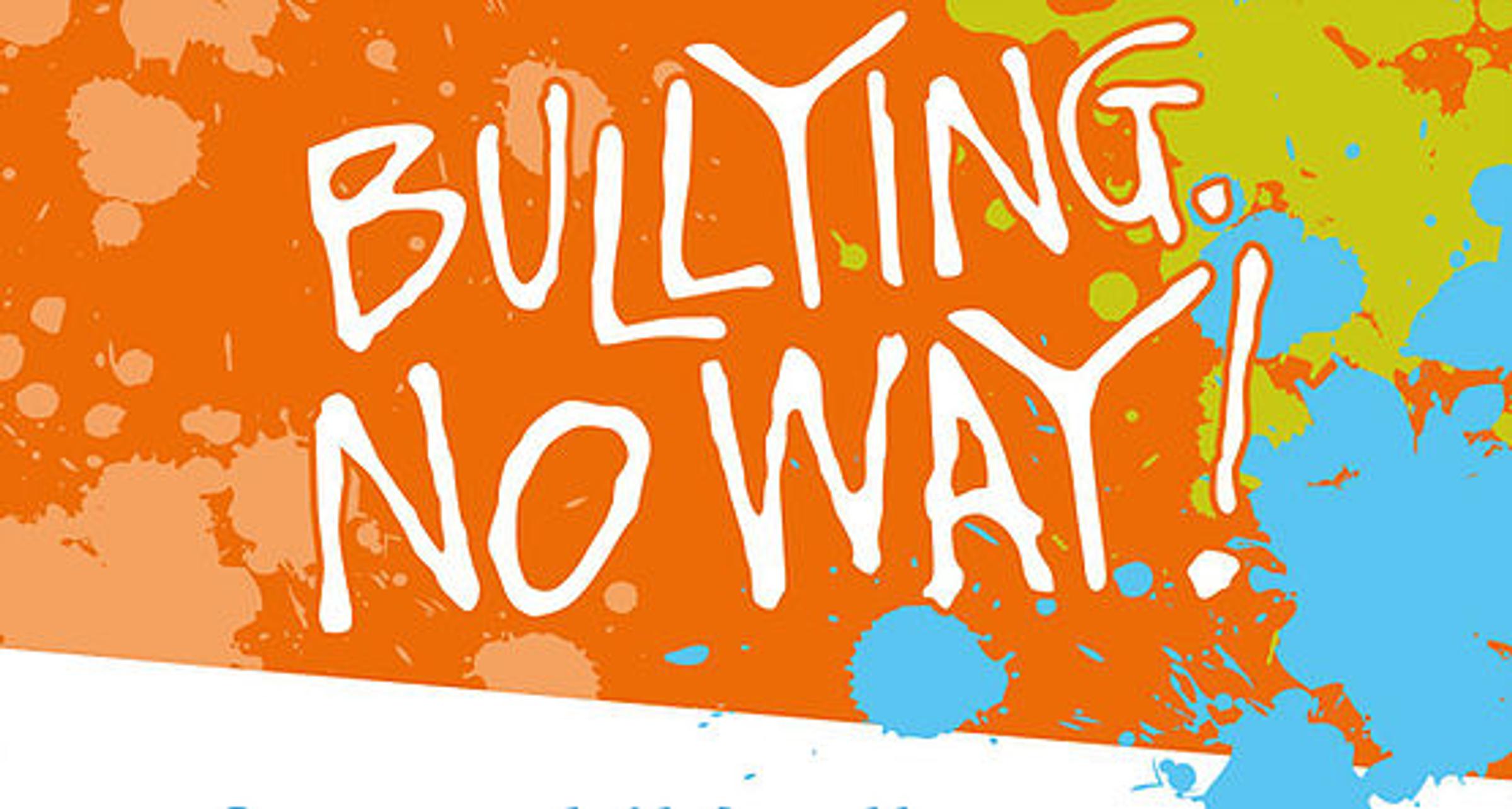Bullying NO WAY!

Being a responsible and respectful digital citizen
A guide to online bullying for parents and carers.
Online bullying can have a devastating impact on young people, whose online life is a key part of their identity and how they interact socially.
Cyberbullying behaviour takes many forms, such as sending abusive messages, hurtful images or videos, nasty online gossip, excluding or humiliating others, or creating fake accounts in someone’s name to trick or humiliate them.
Your child may not tell you if they are experiencing bullying behaviour online because of a fear it might make things worse for them or they may lose access to their devices and the internet.
Signs to watch for;
- being upset after using the internet or their mobile phone
- changes in personality, becoming more withdrawn, anxious, sad or angry
- appearing more lonely or distressed
- unexpected changes in friendship groups
- a decline in their school work
- changes in their sleep patterns
- avoidance of school or clubs
- a decline in their physical health
- becoming secretive about their online activities and mobile phone use.
Encourage your child to use the same good manners and communication they would use offline, and remind them it is okay to report others who are not being nice.
Find more information here - https://www.esafety.gov.au/parents/skills-advice/are-they-old-enough
Kids Helpline
Kids helpline has information for both parents/caregivers and children about bullying behaviours. It has resources and tips for what bullying is, how to seek help and why people may show bullying behaviours. It also has a 24/7 chat, phone and email service so you can ask questions, talk or get advice.
